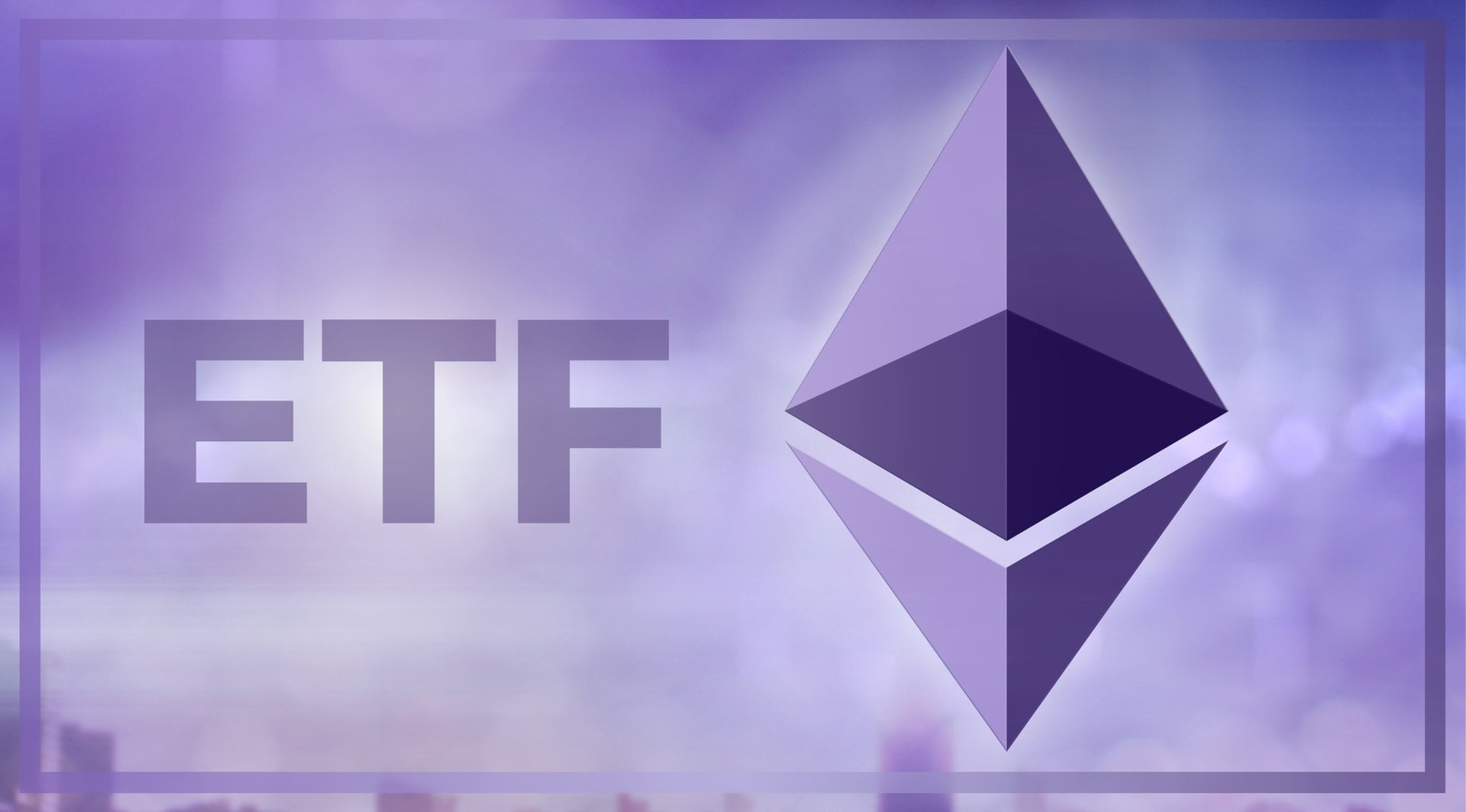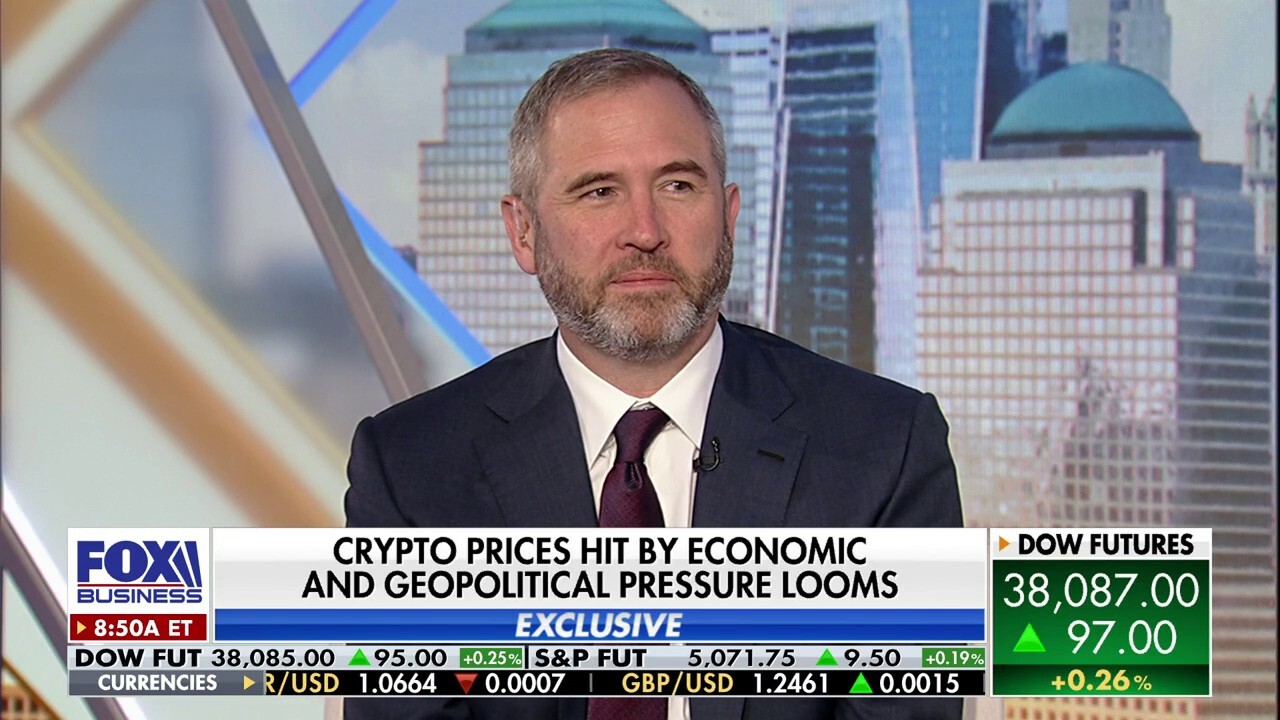
The Ether ETF Landscape: A Shifting Paradigm in Cryptocurrency Investment
As the cryptocurrency market matures, investor interest pivots notably toward diverse financial instruments. Recent analysis from JPMorgan reveals that while ether (ETH) is poised to see the introduction of spot exchange-traded funds (ETFs) in the U.S., prevailing demand is expected to trail behind that of its more established cousin, bitcoin (BTC). This evolving landscape has significant implications for both institutional and retail investors navigating the turbulent waters of cryptocurrency.
 Exploring the shifting dynamics in the ETF market for cryptocurrencies.
Exploring the shifting dynamics in the ETF market for cryptocurrencies.
The First Mover Advantage
JPMorgan’s researchers argue that bitcoin’s first mover advantage creates inherent characteristics that enhance its appeal to investors. As the first cryptocurrency, bitcoin has not only garnered widespread recognition but has also established itself as a digital gold—a store of value in times of economic uncertainty. As stated in the report,
“Bitcoin had the first mover advantage, potentially saturating the overall demand for crypto assets.”
This established momentum benefits bitcoin ETFs, which launched in early 2024 and have seen enthusiastic market responses, increasing their attractiveness compared to the anticipated ether ETFs.
In contrast, the lack of analogs for ethereum puts it in a different competitive paradigm. Although the expectation for ether spot ETFs to attract potentially $3 to $6 billion in inflows is significant, it pales in comparison to the burgeoning appetite for bitcoin ETFs following recent delays and approvals that have shaped the market.
The Staking Debate
An essential factor complicating the valuation of ether ETF offerings is the staking mechanism associated with the coin. Ethereum has transitioned to a proof-of-stake (PoS) network, yet the approved ether ETFs do not permit staking, which is a likely deterrent for many institutional investors. Investors are gravitating toward platforms that facilitate yield generation from their assets. Therefore, the absence of staking options in approved ether ETFs diminishes their attractiveness against mechanisms available in other digital assets.
The rise of staking’s popularity alongside Bitcoin’s strong presence in the ETF domain.
Interestingly, while bitcoin staking is not traditionally available due to its proof-of-work (PoW) consensus, the discussions around staking with bitcoin are resurfacing thanks to innovative projects like Babylon, which raised $70 million recently to enhance the utility of bitcoin for staking applications.
Geopolitical Tensions Fueling Crypto Interest
The intrigue surrounding cryptocurrencies isn’t confined merely to investment potential; socio-economic factors are driving public engagement with digital currencies. A recent Harris Poll survey commissioned by Grayscale indicates that 41% of voters have developed an interest in bitcoin and other cryptocurrencies, primarily due to geopolitical tensions and inflationary fears impacting the U.S. dollar.
The findings reflect a notable uptick in public awareness and engagement with crypto assets, rising from 34% in November 2023. The prevailing issues over inflation, currently top-of-mind for voters, underscore the allure of cryptocurrencies like bitcoin with their finite supply.
 Public interest in cryptocurrencies spikes amid instability in traditional finance.
Public interest in cryptocurrencies spikes amid instability in traditional finance.
As inflation remains a top concern among voters—reported at 28%—it is crucial for investors to recognize how assets with a capped supply can serve as both a hedge and an investment vehicle. Nearly 47% of surveyed voters indicated a willingness to incorporate crypto into their portfolios, suggesting an evolving narrative around the asset class as viable for long-term investment beyond mere speculation.
Potential Downward Pressures on Ether
Despite the optimistic projections for ether ETF inflows, the market reaction around their launch might initially be tepid or negative. Many speculators who bet on the conversion of Grayscale’s Ethereum Trust to an ETF may realize gains, potentially resulting in over $1 billion in outflows from this trust alone. Such movement could impart downward pressure on ether prices, particularly during a time when price stability remains paramount for both institutional and retail investors.
With analysts from JPMorgan cautioning about the less appealing liquidity of ether’s spot ETFs when juxtaposed with bitcoin’s offerings, the landscape for ether could create more challenges than opportunities—even as institutional interest grows.
Implications for the Future of Cryptocurrency Investing
To conclude, while the launch of spot ether ETFs marks a notable milestone for the cryptocurrency scene, various market forces—first mover advantages, liquidity concerns, and geopolitical factors—shape the crypto investment narrative. The differing trajectories of bitcoin and ether ETFs highlight the intricate relationship between market sentiment and regulatory frameworks, challenging investors to navigate through these complexities adeptly.
The evolving financial instruments and public demand will continue to reshape the cryptocurrency market, making it an undoubtedly riveting space for investors to engage with in the years ahead. Investors will need to educate themselves on the implications of these developments, particularly as they relate to staking opportunities and market dynamics.
For more insights on cryptocurrency and the financial markets, subscribe to updates from CRYPTOBITE. Stay informed and remain ahead of the investing curve!















